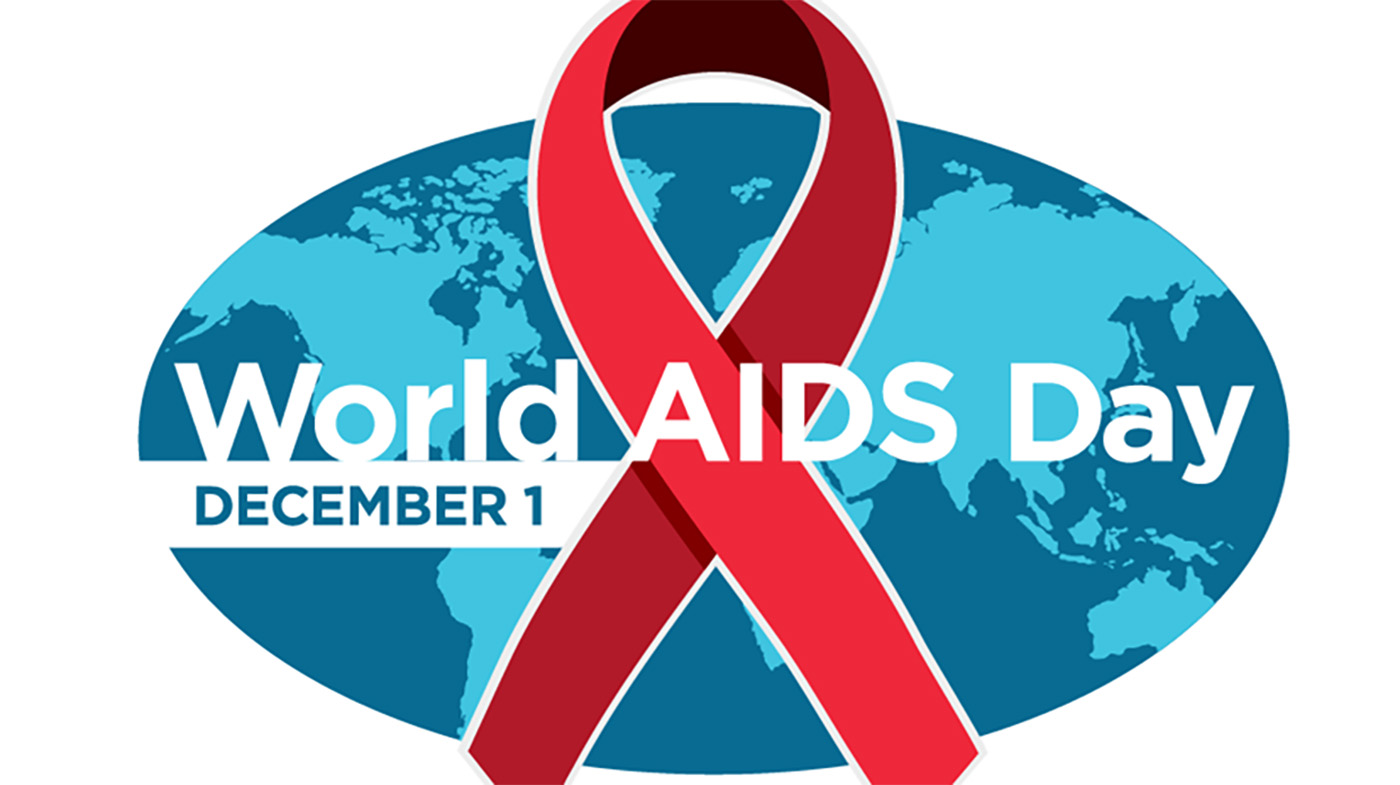Each year on Dec. 1, VA marks World AIDS Day by joining with people around the world to show support for those living with HIV and to remember those we’ve lost due to AIDS-related illnesses. This year marks the 35th commemoration of World AIDS Day, with its theme “Remember and Commit” aligning closely with the federal goal of ending the AIDS epidemic by 2030.
VA is the single largest provider of HIV care in the United States. During Fiscal Year 2023, more than 31,000 Veterans living with HIV received state-of-the-art, personalized treatment from VA regardless of where they were located. Every VA health care facility provides universal HIV testing to all Veterans enrolled in VA care and HIV prevention services to at-risk HIV-negative Veterans.
In addition, VA offers integrated health care to Veterans who have HIV, including all-inclusive telehealth care. This means Veterans with HIV who live in rural areas who may relocate for part of the year and those who are traveling have the same HIV services available at larger VA facilities.
Since VA makes every HIV treatment approved by the Food and Drug Administration available, it can provide the latest recommendations on HIV treatment more rapidly than other providers in the U.S. As a result, survival among Veterans with HIV in VA care has increased so dramatically over the last 35 years that almost a quarter of Veterans in VA care who are living with HIV are now 70 years of age or older.
Medications turn HIV diagnosis from death sentence to manageable condition
“These treatments didn’t even exist 35 years ago,” said Dr. Lorenzo McFarland, deputy director of VA’s HIV, Hepatitis, and Related Conditions Programs. “HIV used to be one of the most terrible diagnoses someone could receive, and now we have the tools and medications to help Veterans live a longer and fuller life. These medications have turned an HIV diagnosis from a death sentence to a manageable chronic condition that lets Veterans live their lives.”
VA is at the forefront of HIV prevention efforts, using HIV Pre-Exposure Prophylaxis (PrEP) with anti-HIV drugs to protect HIV-negative Veterans at increased risk of HIV infection. Dr. McFarland explained that, “PrEP medications allow us to prevent at-risk HIV-negative Veterans from acquiring the HIV virus in the first place.”
In addition to PrEP, VA is implementing proven harm reduction strategies, such as Syringe Service Programs to protect Veterans against the spread of HIV, viral hepatitis and other bloodborne pathogens.
VA has the experience, expertise and resources to help Veterans living with HIV and those who are HIV-negative but are still at-risk for acquiring HIV.
We cannot move forward without recalling the millions affected by HIV whose deaths we mourn by remembering their legacies and creating memorials such as The NAMES Project AIDS Memorial Quilt conceived in 1985 by human rights activist Cleve Jones.
By advocating and implementing strategies to educate and protect Veterans and our communities through outreach, education, research and treatment, VA is a committed leader in the National HIV/AIDS Strategy.
To learn more about how VA is working to eradicate HIV and serve Veterans.
Topics in this story
Link Disclaimer
This page includes links to other websites outside our control and jurisdiction. VA is not responsible for the privacy practices or the content of non-VA Web sites. We encourage you to review the privacy policy or terms and conditions of those sites to fully understand what information is collected and how it is used.
More Stories
Having a maternity care coordinator at your side means you’ve got an advocate to ensure you and your baby receive the best care.
From fresh flowers to herbs and even produce, almost any plant can be grown in a container!
Moving the body in gentle ways is good for you, and with this practice, you don’t even have to get out of your chair!






Why don’t you just have an STD day? Save time and money.